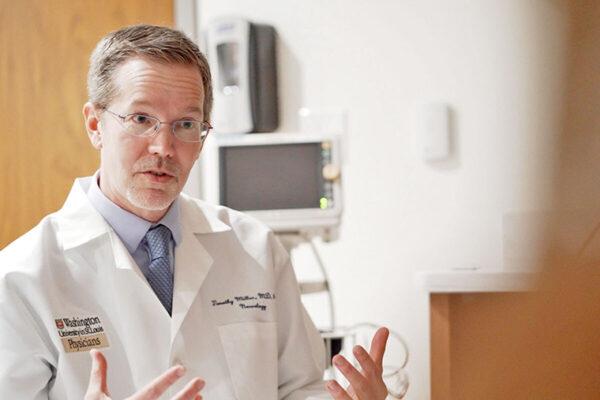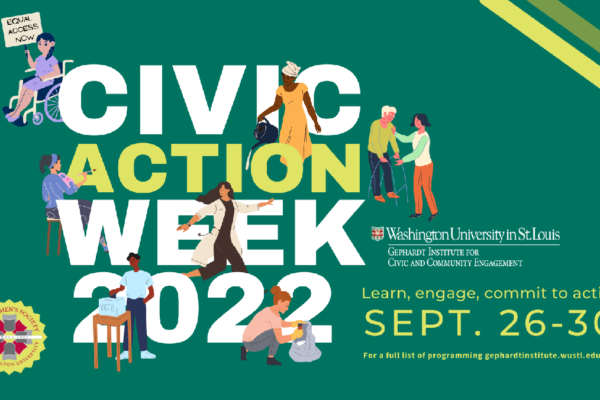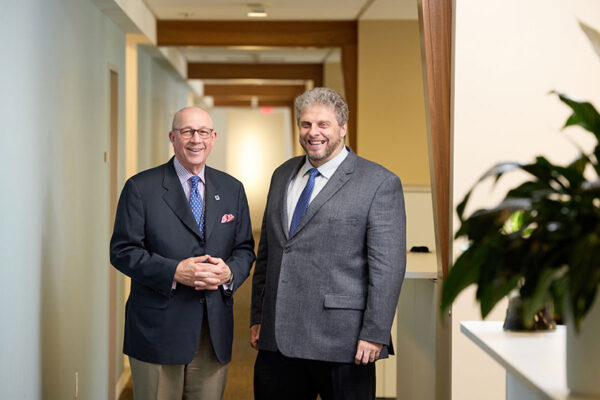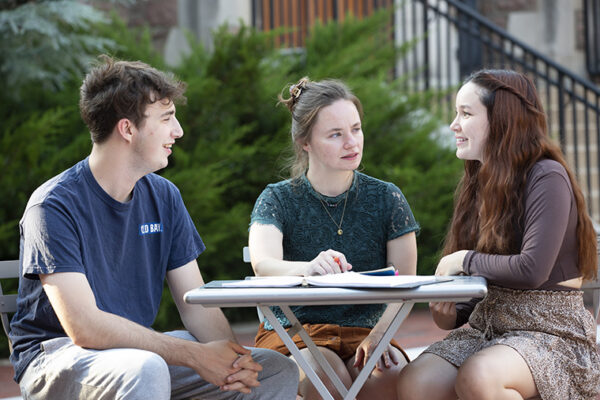No, autumn leaves are not changing color later because of climate change
Biologist Susanne S. Renner in Arts & Sciences explains why trees might actually be starting to turn red and yellow earlier, not later. Brilliant fall color might become a casualty of a warming world.
Investigational drug for genetic form of ALS improves disease’s molecular signs
An international phase 3 clinical trial for a drug developed to treat a rare, inherited form of amyotrophic lateral sclerosis (ALS) showed that it reduced molecular signs of the fatal disease, but at six months did not improve motor control and muscle strength, according to Washington University School of Medicine researchers.
Leading college voting expert to speak at Civic Action Week
Nancy Thomas, a leading expert in voting patterns among college students, will join Chancellor Andrew D. Martin for the discussion “Educating for Democracy in a Time of Division,” at 7 p.m. Wednesday, Sept. 28. The conversation is one of 16 virtual and in-person events planned for Civic Action Week, an initiative of the Gephardt Institute for Civic and Community Engagement.
Packnett Cunningham, DeBaun to headline Ervin Scholars anniversary event
Ervin Scholars alumnae Brittany Packnett Cunningham and Morgan DeBaun will give a talk as part of the 35th anniversary celebration of the John B. Ervin Scholars Program Sept. 30.
Siteman, University of Missouri to collaborate on cancer research, with aim to improve care
Siteman Cancer Center and the University of Missouri will collaborate on cancer research, with the aim to improve care throughout Missouri.
Hotchner Festival presents two new plays
Zachary Stern’s frenetic comedy “Democratic Airlines” and Melia Van Hecke’s contemporary folktale “The Fern” will receive world premiere staged readings as part of the 2022 A.E. Hotchner Playwriting Festival. The festival is named for alumnus A.E. Hotchner, who famously bested Tennessee Williams in a campus playwriting competition.
Machine learning generates 3D model from 2D pictures
Researchers at the McKelvey School of Engineering have developed a new model that can accurately create a continuous 3D model from a set of 2D images without being trained on previous images.
Gordon honored by National Academy of Medicine
Washington University School of Medicine’s Jeffrey Gordon, MD, has received the inaugural David and Beatrix Hamburg Award for Advances in Biomedical Research and Clinical Medicine from the National Academy of Medicine. Gordon is regarded as the father of the field of microbiome research.
Washington University Orthopedics teams up with St. Louis CITY Soccer Club
St. Louis CITY Soccer Club has chosen physicians with Washington University Orthopedics as the club’s official team doctors and BJC HealthCare as medical services provider.
A conversation with Rebekah Paré
Connecting students to good jobs takes more than career fairs and resumes, says Rebekah Paré, the new associate vice chancellor for career development and education at Washington University in St. Louis. Career education is an all-hands-on-deck endeavor that requires faculty support, alumni mentors and expert advisers, she said.
View More Stories









